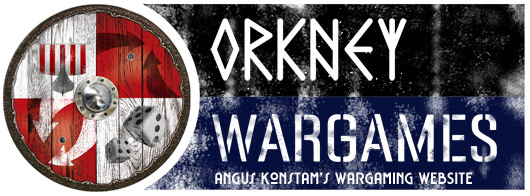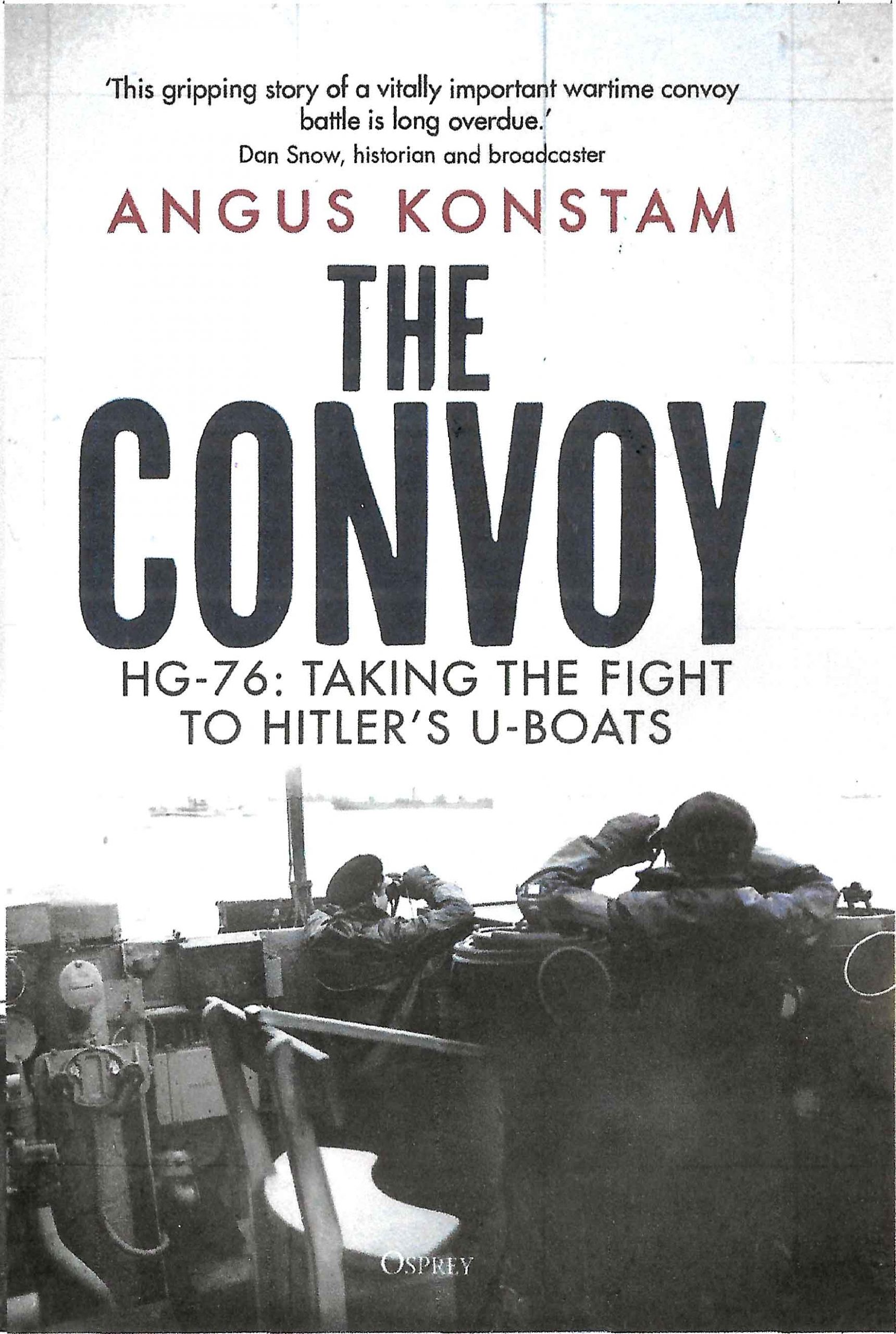
The Battle of Munchwitz, 1758
26th January 2016, 0 Comments
Seven Years War, Honours of War, 28mm
Our first game of the year was another of our test runs for Osprey’s Honours of War rules – – and our largest game yet. This was to be a largely Prussian – Austrian clash, but Dave Imrie developed “man flu”, and wimped out. So, my ineffective Reichsarmee stepped into the breach. The Prussians – twelve battalions, plus four regiments of horse and five guns – were supplied by Brian Phillips and Jack Glanville. Very good they looked too, and rather deadly. Donald Adamson supplied a brigade of Austrians, and three units of Bavarians, who joined up with eight of my Reichsarmee battalions, backed up by four regiments of horse and six guns. We had slightly more men than the Prussians, and our guns were behind earthworks, because frankly our troops weren’t a patch on the Prussians. Well, the Austrians were, but most of the Reichsarmee was rated “inferior”, and most of our generals were “dithering”.
We had slightly more men than the Prussians, and our guns were behind earthworks, because frankly our troops weren’t a patch on the Prussians. Well, the Austrians were, but most of the Reichsarmee was rated “inferior”, and most of our generals were “dithering”.
That’s why Donald and I decided to fight a defensive battle. That way we could use our guns, and while my ones were rated “inferior”, the Austrian gunners were “superior”, which had to be a good thing. It meant we surrendered the initiative, but most of our troops were dreadful at manoeuvring, so it was much safer not to try anything fancy. So, on the first turn the Prussians began to advance, or rather they tried to. One brigade, commanded by Bill Gilchrist resolutely refused to move. In Honours of War each brigadier has to roll to get his brigade moving, and Bill rolled a “1” five turns in a row! After the game he complained that he found the rules a little slow-moving – and I can see why. However, with those rolls the same thing would have happened under his chosen rules set, Black Powder. This though, meant that the Prussian advance wasn’t particularly co-ordinated. There was a big gap between Brian’s attack on the left and Jack’s one on the right. Rather bravely Donald’s Austrians came out to meet them. First though, came a cavalry clash between Derek Hodge’s Austrian cavalry and Brian’s Prussian horse. I’m not sure exactly what happened – one moment Brian seemed on top of it, and the next turn he’d lost his brigade. Effectively he saw off an Austrian cuirassier unit, but suffered badly in the fight. The Austrian reserves then saw off his unit, then routed the one behind. So, first blood to the Allies.
This though, meant that the Prussian advance wasn’t particularly co-ordinated. There was a big gap between Brian’s attack on the left and Jack’s one on the right. Rather bravely Donald’s Austrians came out to meet them. First though, came a cavalry clash between Derek Hodge’s Austrian cavalry and Brian’s Prussian horse. I’m not sure exactly what happened – one moment Brian seemed on top of it, and the next turn he’d lost his brigade. Effectively he saw off an Austrian cuirassier unit, but suffered badly in the fight. The Austrian reserves then saw off his unit, then routed the one behind. So, first blood to the Allies. Meanwhile the Allied artillery was starting to score hits. It got off to a bad start, mainly because the Reichsarmee couldn’t hit anything until the range shortened, but when it did they and the better Austrians guns found their mark. A Prussian grenadier unit reached five hits, and was taken off the table – having routed. The same thing happened two turns later, and then the turn after that. Essentially the Allied guns managed to rip the heart out of Brian’s right wing, which was advancing across the centre of the battlefield.It turns out that guns are particularly effective in Honours of War. If you’re used to Black Powder, where they’re quite the opposite, then this will come as something of a shock! I think this is more realistic- if you’re advancing against a bunch of gun batteries then you’ll pay a price for it.
Meanwhile the Allied artillery was starting to score hits. It got off to a bad start, mainly because the Reichsarmee couldn’t hit anything until the range shortened, but when it did they and the better Austrians guns found their mark. A Prussian grenadier unit reached five hits, and was taken off the table – having routed. The same thing happened two turns later, and then the turn after that. Essentially the Allied guns managed to rip the heart out of Brian’s right wing, which was advancing across the centre of the battlefield.It turns out that guns are particularly effective in Honours of War. If you’re used to Black Powder, where they’re quite the opposite, then this will come as something of a shock! I think this is more realistic- if you’re advancing against a bunch of gun batteries then you’ll pay a price for it. Meanwhile, Brian’s left wing wasn’t doing so well either. Things were Ok while the calvarly melee was taking place, as two of the Austrian battalions had swung round to prevent a flank attack. That left one unit facing two Prussian ones, with a third Prussian battalion in reserve. The firefight was ineffective though, and as it [progressed two Bavarian battalions move up to support their Austrian allies. Then, with the Prussian cavalry routed, the other two Austrian units wheeled round to lend their weight to the firefight. Britain did wonders rallying off hits, and inflicting ones of his own, but it was a losing battle. He was outnumbered five units to three, so when his front units took four hits he wisely withdrew. A fifth hit and they’d rout. One of them routed anyway, as the withdrawal exposed them to the Austrian guns, who scored another hit.
Meanwhile, Brian’s left wing wasn’t doing so well either. Things were Ok while the calvarly melee was taking place, as two of the Austrian battalions had swung round to prevent a flank attack. That left one unit facing two Prussian ones, with a third Prussian battalion in reserve. The firefight was ineffective though, and as it [progressed two Bavarian battalions move up to support their Austrian allies. Then, with the Prussian cavalry routed, the other two Austrian units wheeled round to lend their weight to the firefight. Britain did wonders rallying off hits, and inflicting ones of his own, but it was a losing battle. He was outnumbered five units to three, so when his front units took four hits he wisely withdrew. A fifth hit and they’d rout. One of them routed anyway, as the withdrawal exposed them to the Austrian guns, who scored another hit. So, that left the attack on the Prussian right, commanded by Bill and Jack. Bill’s infantry had finally started to roll forward, but that blocked the Prussian guns – two large batteries of 12-pounder “Brummers”. They’d already been doing good work softening up the Reichsarmee lines, and their fire had routed the entire two battalion contingent of the Bishop Elector of Koln. The advance though, brought the Prussian infantry within effective range of the Reichsarmee’s 6-pounder guns. The batteries pounded Bill’s leading troops, and thanks to some particularly good shooting one unit was broken, and another forced to retire. That pretty much stalled the advance for a bit, and what with the Austrians winning on the other flank, it looked like the Prussian attack was going to hell in a handcart.
So, that left the attack on the Prussian right, commanded by Bill and Jack. Bill’s infantry had finally started to roll forward, but that blocked the Prussian guns – two large batteries of 12-pounder “Brummers”. They’d already been doing good work softening up the Reichsarmee lines, and their fire had routed the entire two battalion contingent of the Bishop Elector of Koln. The advance though, brought the Prussian infantry within effective range of the Reichsarmee’s 6-pounder guns. The batteries pounded Bill’s leading troops, and thanks to some particularly good shooting one unit was broken, and another forced to retire. That pretty much stalled the advance for a bit, and what with the Austrians winning on the other flank, it looked like the Prussian attack was going to hell in a handcart. Still, Jack had one trump card left. Far over on the Prussian right flank was a brigade of cavalry – two regiments. Both were dragoons, but then they were facing the Reichsarmee’s cavalry, where even the cuirassiers were counted as “standard” rather than “superior”. The Reichsarmee’s Ansbach dragoons – for all their pretty flag and uniforms – were “inferior”. So, the Prussians charged, the Imperial horse counter-charged, and battle was joined. Amazingly, it all went horribly wrong for jack. Michael Schneider was running the Reichasrmee’s left wing, and he rolled well – very well – while Jack didn’t. the result was two broken units of Prussian cavalry, and a somewhat surprised set of Allied commanders. That pretty much ended the battle. The great Prussian offensive had come to grief, largely thanks to its piecemeal nature, but also thanks to good Allied shooting.
Still, Jack had one trump card left. Far over on the Prussian right flank was a brigade of cavalry – two regiments. Both were dragoons, but then they were facing the Reichsarmee’s cavalry, where even the cuirassiers were counted as “standard” rather than “superior”. The Reichsarmee’s Ansbach dragoons – for all their pretty flag and uniforms – were “inferior”. So, the Prussians charged, the Imperial horse counter-charged, and battle was joined. Amazingly, it all went horribly wrong for jack. Michael Schneider was running the Reichasrmee’s left wing, and he rolled well – very well – while Jack didn’t. the result was two broken units of Prussian cavalry, and a somewhat surprised set of Allied commanders. That pretty much ended the battle. The great Prussian offensive had come to grief, largely thanks to its piecemeal nature, but also thanks to good Allied shooting. The rules worked very well indeed, despite moaning from the Prussian corner, who didn’t like being thrashed by “inferior” troops. We’ll certainly use Honours of War again, and we now know that we can play a divisional-level game to a conclusion on a regular club night. The rules certainly aren’t slow – as one lacklustre Prussian commander claimed – but they can be deadly. Next time we might severely limit the number of guns on the table, as even “inferior” ones pack a hefty punch.
The rules worked very well indeed, despite moaning from the Prussian corner, who didn’t like being thrashed by “inferior” troops. We’ll certainly use Honours of War again, and we now know that we can play a divisional-level game to a conclusion on a regular club night. The rules certainly aren’t slow – as one lacklustre Prussian commander claimed – but they can be deadly. Next time we might severely limit the number of guns on the table, as even “inferior” ones pack a hefty punch.

